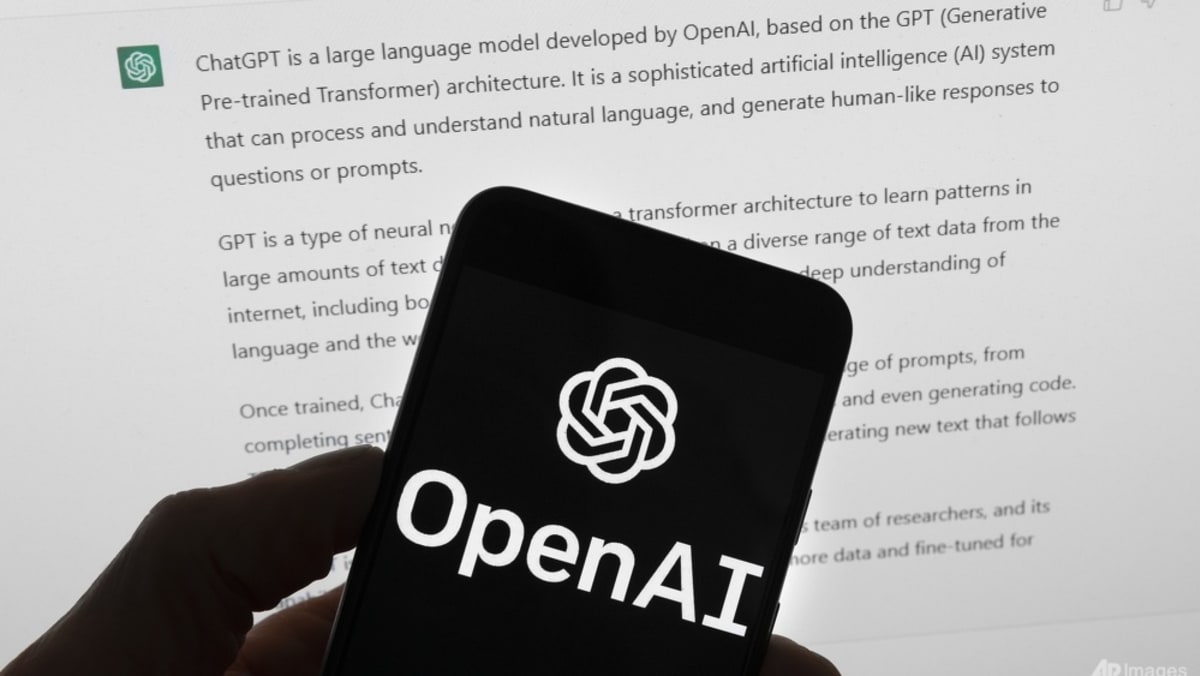Carrie, a third-year humanities student at NTU, said she tries not to rely too heavily on tools like ChatGPT, only using it to summarise texts or as a reference.
“I wouldn’t use it to help me write the entire essay. That’s a bit too much,” she said, adding that the AI output could also be inaccurate.
Still, there’s no way to stop group mates from using AI tools without her knowledge. “I can control myself from using AI, but if other people use it, I also don’t know,” Carrie said.
Pauline, a recent SMU graduate, said she now relies so heavily on AI that her writing has declined. “I don’t think I can come up with such good essays as I did in Year 1 anymore, because I just rely on ChatGPT for everything.”
NTU computer science graduate Jamie Lee used AI where permitted, particularly to optimise solutions for problem sets. An assignment that used to take her a day could be completed in an hour with the help of AI, she said.
She estimated that she used AI in about 90 per cent of her assignments – but mainly to supplement her understanding, rather than as a shortcut.
“Ultimately, I also want to understand how to do the question, so I don’t want to just copy each answer for the sake of doing an assignment.”
ADAPTING TO A NEW REALITY
Educators agreed that trying to catch every instance of AI use would be futile. Associate Professor Aaron Danner, from NUS’ College of Design and Engineering, is against blanket bans on AI.
“It’s going to be a lost cause to try to tell whether a student has used AI or not for writing assignments,” he said. “We have to adapt our assignments to this reality.”
Dr Grandee Lee, who lectures at the School of Science and Technology at SUSS, supports a “fit-for-purpose” policy.
If a course teaches skills that AI can replicate, such as computational thinking, summarising and writing, then AI use should not be allowed, he said. But in more advanced courses, AI collaboration can be useful in both learning and assessment.
Some instructors have fully embraced the use of AI in classrooms. Associate Professor Donn Koh, who teaches industrial design at NUS, requires students to use AI in certain assignments.
“Whether AI is plagiarism is no longer the main issue,” he said. “The real challenge is helping students stand out and create differentiated value when everyone has the same AI tools.”
Educators said that building trust between teachers and students will be essential as AI becomes more embedded in academic life.
Dr Lee Li Neng, a senior lecturer at NUS’ Department of Psychology, said AI use should not be turned into a “cat-and-mouse game” between students and teachers. Instead, he advocated transparency so teachers can better understand how students are using AI and adjust their teaching accordingly.
“We have to be honest that many of us are still trying to figure this out as we go along,” he said.
